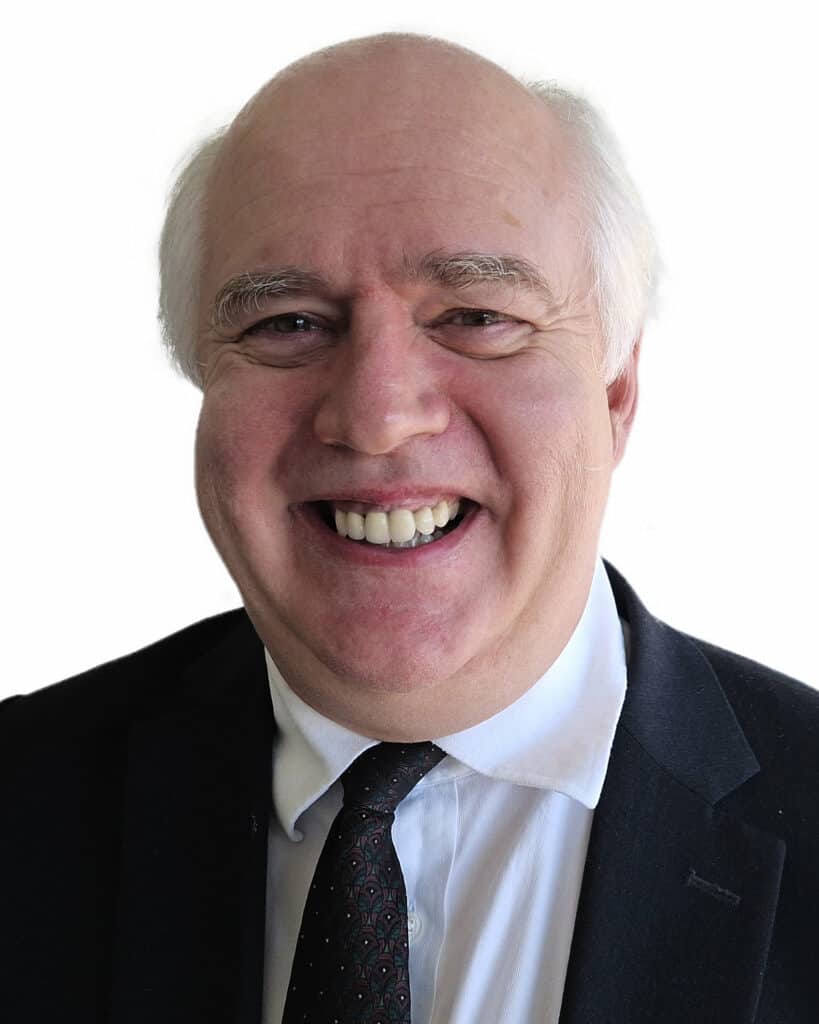
To make the most of a Henson trust in BC, you will need to structure it carefully to protect your disabled beneficiary’s inheritance while preserving their government benefits. Choose a trustworthy trustee who understands disability benefits and can manage distributions effectively. You will want to maintain detailed records, guarantee tax compliance, and establish clear guidelines for trust distributions that will not affect disability benefits. Understanding the specific legal requirements and management strategies will help maximize your trust’s long-term success.
Key Takeaways
- Select a knowledgeable trustee familiar with BC disability benefits and establish clear guidelines for their decision-making authority.
- Document all trust distributions carefully to demonstrate compliance with disability benefit regulations and exempt asset provisions.
- Structure investments to balance long-term growth with regular income while maintaining sufficient liquidity for beneficiary needs.
- Utilize qualified disability trust status when possible to minimize tax implications and maximize financial benefits.
- Maintain regular communication between trustees, beneficiaries, and advisors to ensure trust distributions enhance quality of life appropriately.
Understanding the Core Purpose of Henson Trusts
While estate planning presents various challenges for families with disabled members, Henson Trusts serve as an essential legal tool that bridges the gap between inheritance and government assistance.
You will find these trusts particularly valuable in BC, where they help preserve access to disability benefits while allowing beneficiaries to receive inheritance funds.
The core purpose of a Henson Trust is to protect your disabled family member’s financial future without jeopardizing their government benefits.
It works by giving complete discretionary control to a trustee, who manages the assets and determines when and how to make distributions.
Since your disabled loved one does not have direct access to or control over the trust’s assets, they are not considered personal assets that could affect their eligibility for government assistance programs.
Key Benefits for BC Disability Benefit Recipients
For recipients of BC’s Persons with Disabilities (PWD) benefits, a properly structured Henson Trust offers significant financial advantages that extend beyond basic asset protection.
You will maintain your eligibility for essential disability benefits while having access to supplementary funds for enhanced quality of life.
- Trust payments for disability-related expenses will not affect your monthly disability benefits
- You can receive trust distributions for exempt assets like a primary residence or vehicle
- The trust can cover additional medical expenses not covered by your disability benefits
- You are able to preserve inheritance money while keeping your health coverage intact
- The trust can provide long-term financial security without compromising your disability status
These benefits make Henson Trusts an invaluable tool if you are receiving disability benefits and want to protect both your inheritance and government assistance.
Selecting the Right Trustee for Long-term Success
Selecting a qualified and trustworthy trustee stands as one of the most impactful decisions you will make when establishing a Henson Trust. You will want to choose someone who understands disability benefits, demonstrates financial responsibility, and genuinely cares about your beneficiary’s well-being.
When evaluating potential trustees, consider their age, health, and geographic location relative to the beneficiary. They will need to manage the trust for many years, so younger trustees often make sense.
You can appoint multiple trustees or a trust company to provide additional oversight and continuity. Your trustee should also be willing to maintain detailed records and make consistent, informed decisions about distributions that will not affect the beneficiary’s disability benefits.
Tax Implications and Financial Planning Strategies
Understanding the tax implications of a Henson Trust is essential before you establish one, as these trusts face unique tax treatment under Canadian law.
You will need to take into account that income retained in the trust is typically taxed at the highest marginal rate, though qualifying as a Qualified Disability Trust (QDT) can provide more favourable treatment.
- Trust income must be reported annually on a T3 Trust Income Tax Return
- QDT status requires the beneficiary to qualify for the disability tax credit
- The trust can elect to pay taxes at graduated rates if it meets QDT criteria
- You will need professional accounting support to optimize tax strategies
Consider working with both a tax professional and estate planning lawyer to structure your Henson Trust effectively and minimize tax implications while maintaining its protective benefits.
Common Pitfalls to Avoid When Setting Up Your Trust
While tax planning plays a major role in trust establishment, avoiding common setup mistakes can protect your Henson Trust’s effectiveness.
Do not choose a trustee without carefully considering their financial acumen and commitment to the beneficiary’s needs. You will want to avoid naming residuary beneficiaries as trustees to prevent conflicts of interest.
Make sure you are not too restrictive with trustee powers, as this could limit their ability to respond to changing circumstances.
Do not forget to include clear succession planning for trustees, and avoid vague language about distributions that could create confusion.
Be careful not to include provisions that could give the beneficiary direct access to trust assets, as this could jeopardize their government benefits eligibility.
Maintaining Government Benefit Eligibility Through Proper Trust Management
To maintain your loved one’s eligibility for government benefits, proper management of a Henson trust requires careful attention to disbursement timing and documentation.
You will need to ascertain the trustee understands disability benefit rules and keeps detailed records of all trust payments.
- Track all distributions to verify they are used for exempt purposes like medical expenses or disability-related equipment.
- Review trust payments quarterly to ascertain they do not exceed allowable limits for disability benefits.
- Maintain clear documentation showing the trustee’s discretionary control over disbursements.
- Keep copies of all receipts and records of how trust funds are spent.
- File required tax returns and statements with relevant government agencies on time.
Working with qualified professionals, including an accountant and lawyer, can help you navigate these requirements while protecting your beneficiary’s government assistance eligibility.
Legal Requirements and Documentation in British Columbia
Since establishing a Henson Trust in British Columbia involves specific legal requirements, you will need to prepare several essential documents and meet provincial regulations.
Your trust document must clearly state its discretionary nature and include specific language that prevents the beneficiary from demanding payments or collapsing the trust.
You will need to submit the trust agreement to the Ministry of Social Development and Poverty Reduction for approval to guarantee it meets provincial standards.
The document should name your chosen trustee, outline their powers and responsibilities, and specify how trust assets will be managed.
You will also want to include provisions for successor trustees and clear guidelines for trust distributions that will not affect the beneficiary’s disability benefits.
Coordinating Henson Trusts With Other Estate Planning Tools
Integrating a Henson Trust into your broader estate plan requires careful coordination with other financial and legal tools.
You will need to verify your various estate planning instruments work together seamlessly to achieve your goals while protecting your beneficiary’s interests.
- Consider combining your Henson Trust with the power of a legal representative to manage the beneficiary’s affairs.
- Coordinate the trust with your life insurance policies by properly designating beneficiaries.
- Align your Henson Trust with any registered disability savings plans (RDSPs) you have established.
- Review how the trust interacts with other trusts or inheritances in your estate plan.
- Verify your will’s residuary provisions complement your Henson Trust arrangements.
When coordinating these tools, you will want to work with professionals who understand both disability law and estate planning to avoid unintended consequences that could affect your beneficiary’s benefits.
Best Practices for Trust Distribution and Asset Management
Once you have aligned your Henson Trust with other estate planning tools, proper management of trust assets and distributions becomes the key focus.
Your trustee should establish clear guidelines for evaluating distribution requests and maintaining detailed records of all transactions.
Consider setting up regular reviews of the trust’s investment strategy to guarantee it aligns with the beneficiary’s long-term needs while preserving capital.
Your trustee should carefully document how distributions support the beneficiary’s quality of life without affecting their disability benefits.
It is essential to maintain open communication between the trustee, beneficiary, and caregivers.
Keep the trust’s assets diversified and make sure distributions are made for exempt purposes whenever possible.
Regularly consult with financial advisors and tax professionals to optimize the trust’s performance while maintaining its protective features.
Conclusion
When you are creating a Henson Trust in BC, you will need to carefully balance your beneficiary’s needs with preserving their disability benefits. Select a trustworthy and capable trustee, maintain proper documentation, and stay informed about tax implications. By following best practices and working with qualified professionals, you will establish a trust that provides long-term financial security while protecting your loved one’s government assistance eligibility.

We serve the entire province of BC. Our experienced paralegals can meet with you in Vancouver and throughout the Lower Mainland, making it easier for you to get the assistance that you need. We also have an interior office in Kamloops. That said, our lawyers have the infrastructure to work with any of our clients virtually — even in the furthest regions of British Columbia.
Call (604) 256-7152 [toll free 1 (877) 415-1484] to get routed to the best representative to serve you or contact us online to schedule an appointment.
We also have a dedicated intake form to help you get the ball rolling. Our intake team will review your specific case and advise you on the next steps to take and what to expect moving forward.
Our offices are generally open 8:30 a.m.—5:00 p.m., Mon—Fri.
Vest Estate Law is dedicated to providing you with practical and innovative advice in estate administration, estate planning, and estate disputes, do not hesitate to reach out and one of our knowledgeable staff will respond promptly to arrange a consultation that meets your needs.


Myron Plett
WILLS and ESTATES LAWYER
Myron is a seasoned litigator with nearly twenty years of experience and a broad range of skills that has led to significant successes in the Provincial Court of British Columbia, the Supreme Court of British Columbia. He has also taken his clients to victory before tribunals such as the Residential Tenancy Branch and the BC Human Rights Tribunal.

